At our Pejeng headquarters we breed the critically endangered Bali staring.
OUR PROJECTS IN PEJENG
The small village of Pejeng is a wildlife sanctuary and home to FNPF’s headquarters. The area is a paradise for bird watchers, and here we breed the critically endangered Bali starling (Leucopsar rothschildi), as well as other species such as the Black-winged starling (Acridotheres melanopterus) and Pied myna (Gracupica contra).
Our breeding program uses two different types of cage to ensure sustainability and success. Pairing cages are for birds to mate, lay eggs and take care of their young. In larger cages, we teach them the survival skills they’ll need in the wild, such as flying, hunting and avoiding predators.
At the same time, our team works alongside the local community to help protect wildlife and their habitat, support organic farming, and develop sustainable tourism.
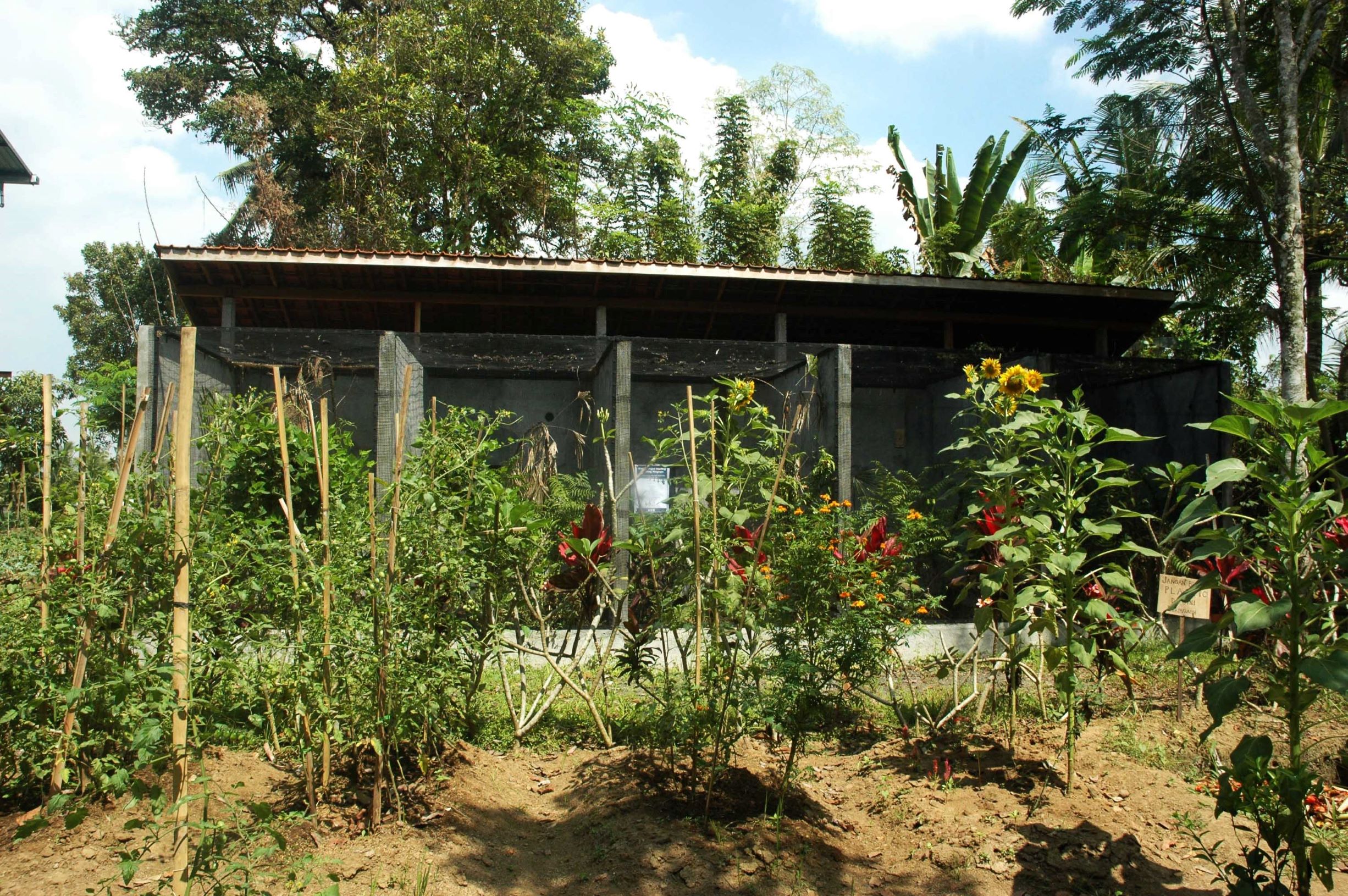

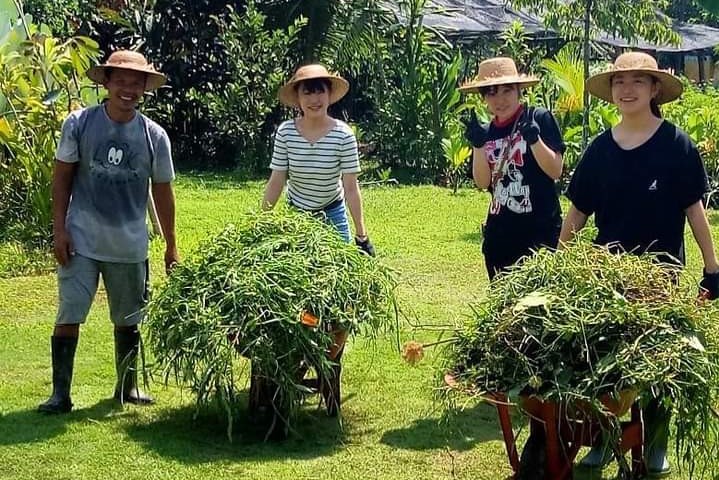

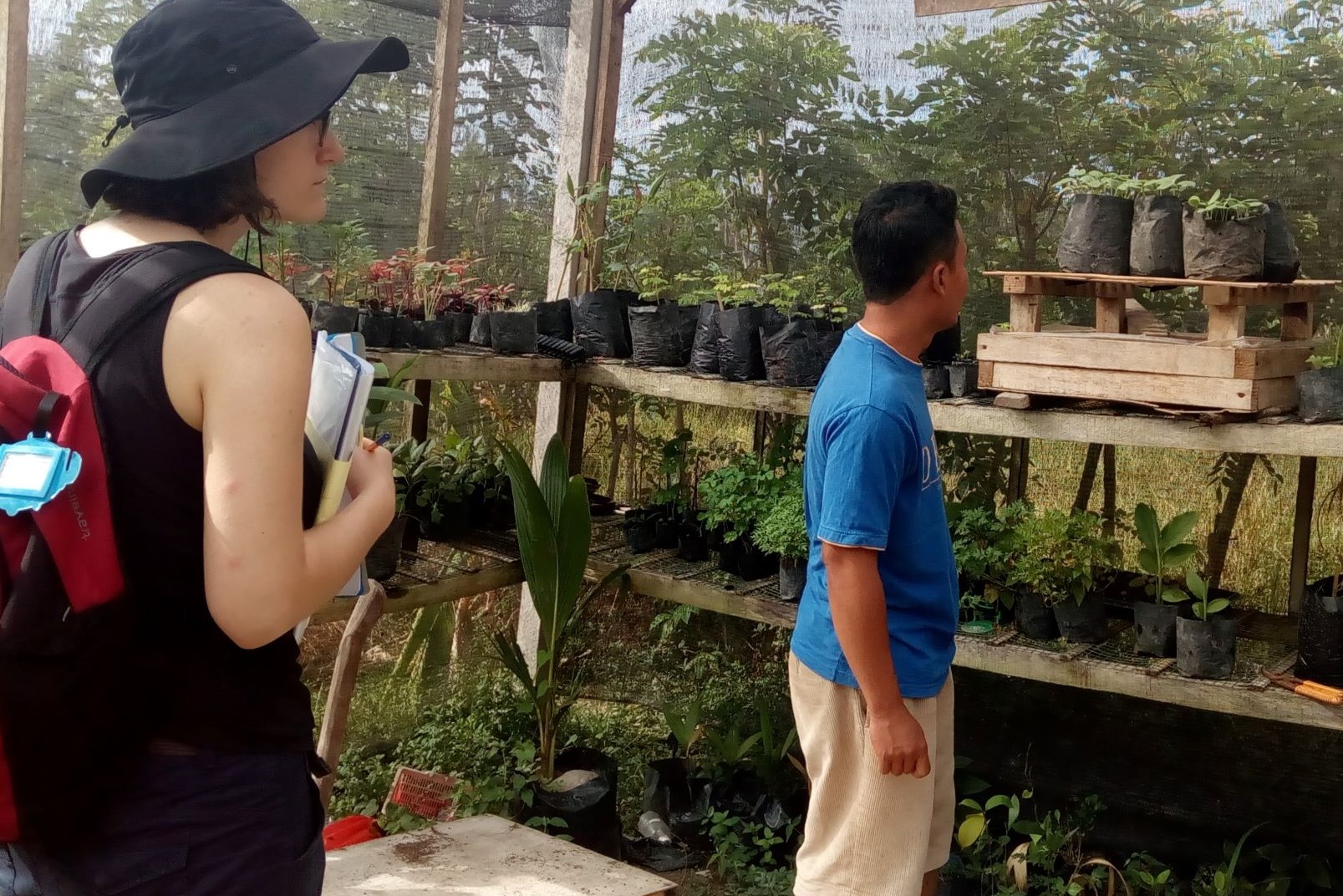

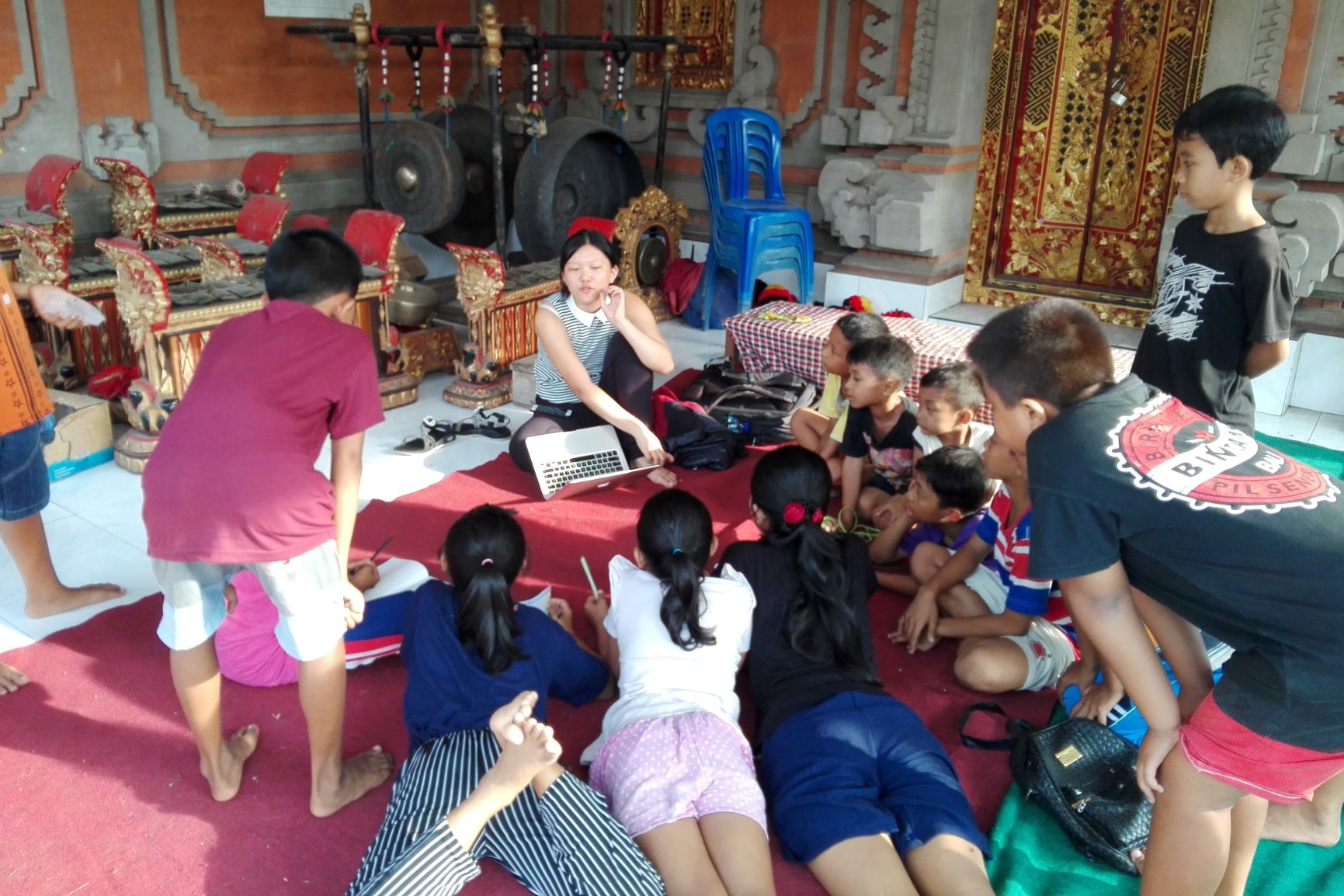

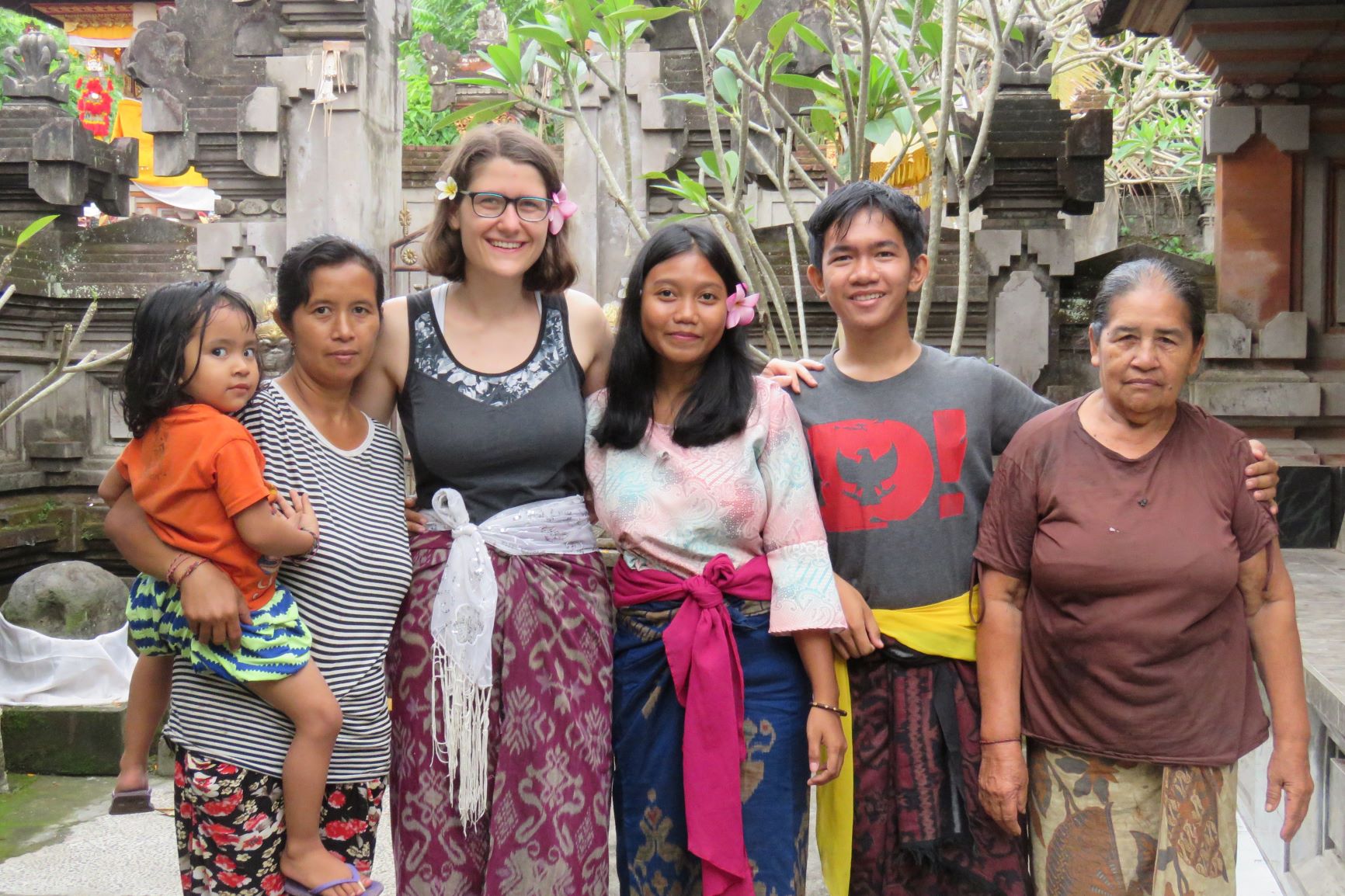

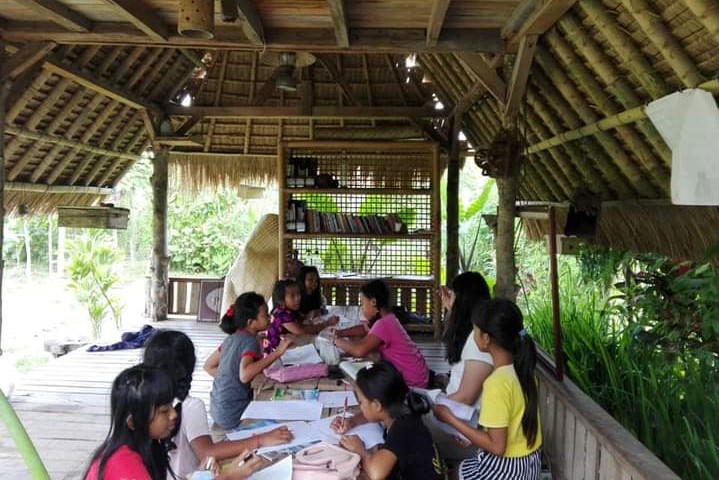

WHY PEJENG IS SPECIAL
Pejeng is the birthplace of Balinese civilization. It was here scholars created the Balinese version of Hinduism, a mix of Hindu beliefs from India and the local religion, that has been practised for thousands of years. This traditional village, surrounded by rice fields, is also the largest archaeological site in Bali. It has 44 temples, most of which are national heritage sites. There are likely many important artifacts buried underground still waiting to be found.
Together with the local community, we’re not just working to care for wildlife and the habitat, but to protect Pejeng from the mass tourism happening on other parts of the island.
None of us wants to see this special place turned into a commercialized tourist attraction, which could destroy its nature and culture. But every day, the people of Pejeng see tourism from the popular nearby town of Ubud creeping closer. With mass tourism comes big resorts and buildings. If that happens in Pejeng, it could destroy archaeological sites that have not yet been discovered.
Our Pejeng sustainable tourism project focuses on eco-volunteering. We’ve built a community center and invited volunteers from around the world to get involved in community projects. This gives local people the opportunity to earn extra income by renting their spare rooms to our volunteers, most of whom need long term accommodation. It also provides a low-risk income that we hope will encourage people to keep farming and not sell their land to investors.
We’re hopeful this eco-volunteering business model can stop mass tourism coming to Pejeng, and so protect and preserve this important village.